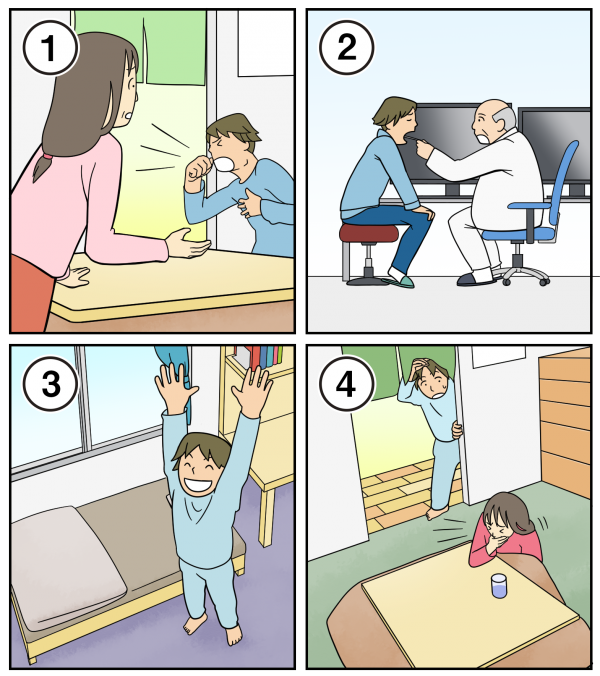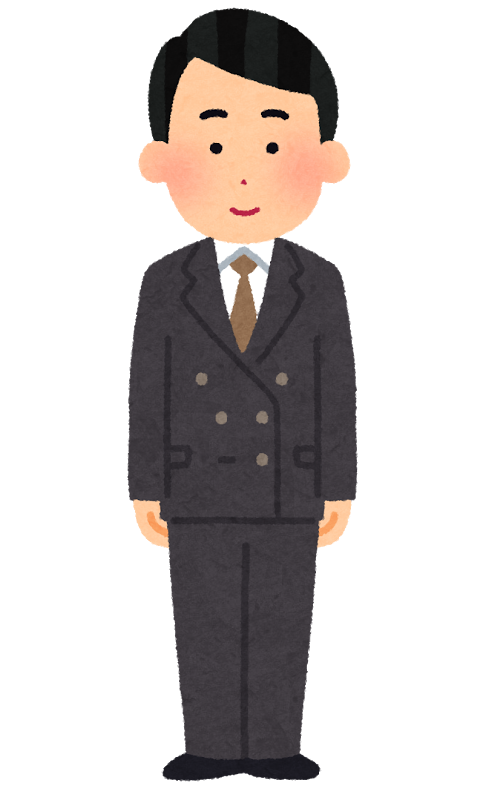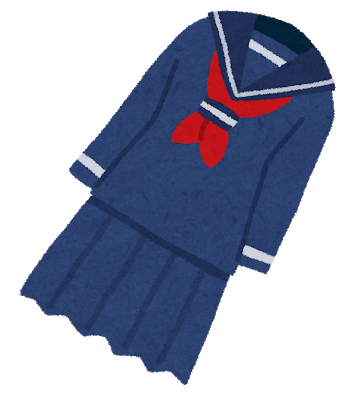1. What is your name?
Answer:_______________________________
2. Do you like robots?
Answer:_______________________________
3. Did you have toy robots when you were young?
Answer:_______________________________
4. What kind of robots would you like to have?
Answer:_______________________________
5. Do you think robots will be helpful in the future?
Answer:_______________________________
Take note of my responses as you will summarize them later.
1. What is your name?
2. Do you like robots?
3. Did you have toy robots when you were young?
4. What kind of robots would you like to have?
5. Do you think robots will be helpful in the future?
My tutor’s name is _____________________.
__________________________________________.
__________________________________________.
__________________________________________.
__________________________________________.
Make a short story based on the series of pictures.
You have 20 seconds to prepare and 60 seconds to answer.

Give your reason on the following topic. You have 60 seconds to prepare and 60 seconds to answer.
| 1. | Some people say that it is better to watch news on television than to read the newspaper. What do you think about that? |
| Answer: | _______________________________ |
| 2. | Some people say that technology has negatively affected the way people communicate. What do you think about that? |
| Answer: | _______________________________ |























 We are writers.
We are writers.





 It is a notebook.
It is a notebook. It is a school uniform.
It is a school uniform.







 GOOD
GOOD 

